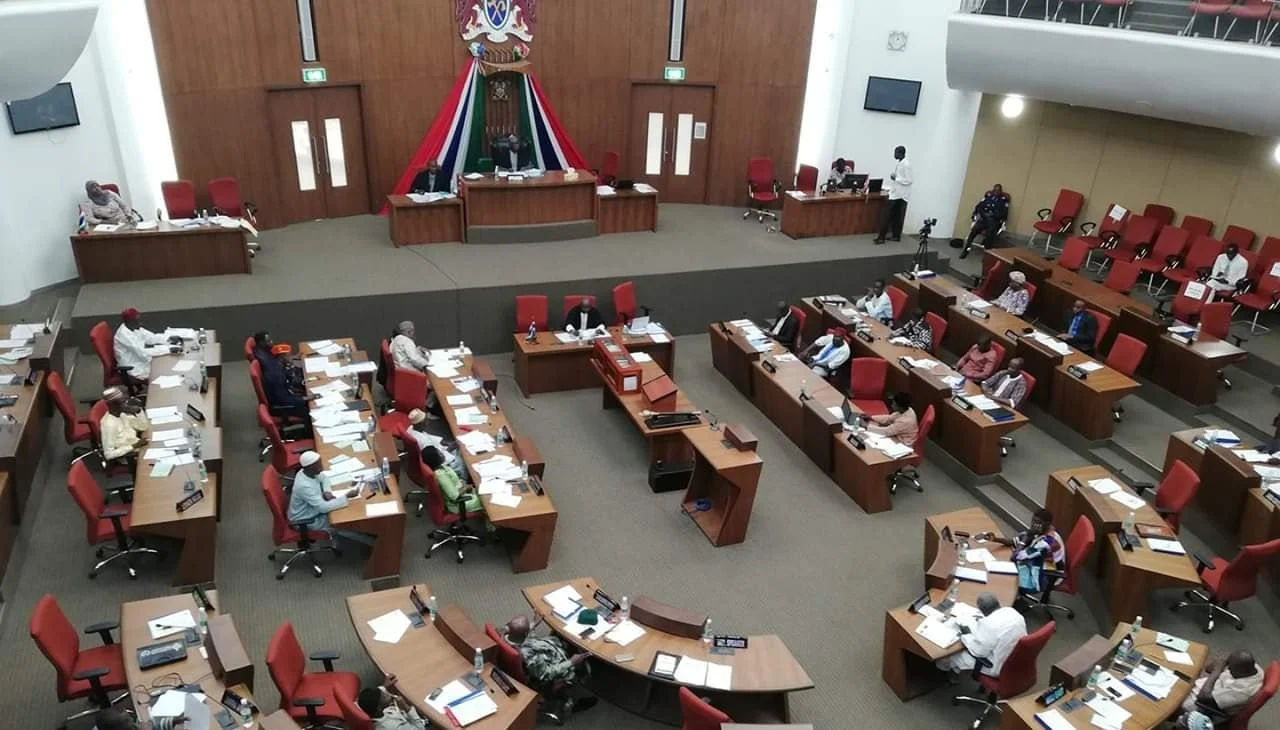Constitutions change overtime and in different ways, determined or dependent on the jurisdiction of that country. Constitutional amendments can be conducted as per the procedure designed by the Constitution or even outside the scope of constitutional law which can deviate from the cardinal principles of Constitutionalism. The role of the Judiciary (i.e. the courts) is said and well established to be different from that of the legislature. The legislature in most jurisdictions is vested with the power to make laws. Constitutional amendments therefore refer to the formal procedure of amending provisions of the Constitutions and not any other procedure. Hence, importing any other procedure for Constitutional amendment outside of the scope of the procedure provided for by the Constitution such as handing over the amendment power to the court is said by many against democratic principles.
In my previous blog post, “Constitutional Change and Amendment: Are we restrained by ourselves or other people?” I argued that by binding ourselves to commitments of the Constitutions we are also binding ourselves to the interpretations of judges who are not answerable to the people for their acts and are independent from any sort of influence from any person or authority. Hence, would it not be against the principles of accountability to allow the court to review Constitutional amendments?
Fundamentally, judicial review empowers the courts to decide on the legality of actions or inactions (failure to act) of both the legislature and executive and their consistencies with the Constitution Any act, omissions or decisions of the government that is inconsistent with the Constitution is, to the extent of their inconsistency declared null and void. On a general perspective, judicial review is understood from two distinct points which needs to be highlighted before delving into the subject matter. Firstly, it is a means through which courts control the exercise of administrative power. Secondly, it refers to the courts’ enforcement of the doctrine of ‘supremacy of the Constitution’ to declare null and void any act of parliament or any other act that are in conflict with the Constitution.
According to Justice Hassan B Jallow (as he then was), the Constitution of The Gambia is based on the principle of separation of power and as such supremacy “reposes in the Constitution, whether or not such is expressly declared by that instrument and not with the National Assembly or any other organ of state.” (Jallow JSC, Jammeh v. Attorney-General (2002) ). Hence any form of judicial enforcement that is inconsistent with the Constitution will take away the legitimacy and purpose of the creation of the Constitution.
As such, review of Constitutional amendments by the courts creates a conflict between the courts and legislature by handing over the responsibilities of the legislature to the court. At first look, judicial review of Constitutional amendments seems as a violation of the principle of separation of powers. Invalidating an amendment on the grounds that it is unconstitutional is constitutive in its functional meaning. It is very similar to enacting an Act of Parliament which is a duty imposed on Parliament and not on the courts.
However, if we are able to welcome the idea that the amendment power in a Constitution is like any other power vested by the Constitution, the same reasoning could apply in judicial review of Constitutional amendments. Also, the amendment power of the legislature is also limited in scope by its nature either explicitly or implicitly. This is where judicial review of amendments comes in as a mechanism to enforce those limitations. For instance, in The Gambia, the National Assembly is not allowed to alter any of the entrenched clauses found in section 226(7) unless:
(a) the Bill has been sent by the speaker to the Independent Electoral Commission.
(b) the Commission has within six months of receiving such reference held a referendum on the Bill.
(c) at least fifty percent of the persons entitled to vote in the referendum have taken part in the referendum and;
(d) the Bill is supported by seventy-five percent of those who voted.
In Jammeh v Attorney General, the Supreme Court of The Gambia ruled that failure to comply with the conditions set out in section 226(7) of the Constitution renders a purported amendment of the Constitution and assent thereto invalid, null and void and of no effect. The fundamental idea behind the involvement of the courts in the review of Constitutional amendments is to uphold the supremacy of the Constitution and that principle requires the courts to check that the legislature does not fall outside the dictates of the Constitution when exercising its power of amending the Constitution. This whole process would normally require individual(s) to bring up a case against the government in exercise of their rights as citizens or person living in The Gambia or with an express authorisation by the Constitution. But should this always be the case? Should the judiciary be reviewing Constitutional amendments in the absence of authorisation by the Constitution?
In my opinion, when courts in review amendments made by the legislature, they are only reinforcing the supremacy of the Constitution., not that of the legislature or the judiciary. After all, the amendment power is given to a constitutional organ of the government by the supreme law. Strauss highlighted that an amendment of the Constitution does not necessarily direct an ultimate concern about the document but rather the amendment is concerned about the institutional arrangements that the Constitution is supposed to control. The proposition Strauss is suggesting here is that the judiciary in reviewing Constitutional amendments only checks the exercise of the power of the legislature, which is a Constitutional institution.
It is trite law that in order to challenge an amendment or a law, one should be able to direct to a specific constitutional provision that the amendment or law violates. Elliot however makes the view that constitutional interpretations should not be “limited to the literal language contained in discreet clauses in the Constitution.” (Donald Elliot, 1989). This, in effect, forces the court to make decisions that are vulnerable because of the failure to adhere to Constitutional dictates. My view is that since the amendment power is limited in most constitutions and mainly as a delegated power, the amendment in fact helps in enforcing the limitations described by the Constitution.
For separation of powers to work effectively, we need procedures to check the balance of power between arms of government so as to settle any dispute that might arise. The separation of powers between the legislature and the judiciary presupposes that the power to amend is independent within its scope and margin so long as it does not violate the Constitution. This also in turn facilitates a procedure for determining whether the amendment made is ultra vires the Constitution. Thus, allowing the judiciary to review amendments protects the principle of separation of powers between the primary and secondary constituent power.
Accordingly, when applying the law, it is important to understand what exactly the law is or mean. As such, in the event of a conflict in law, the court, in its duty in applying the law, should be able to decipher which of the laws must take precedence over the other. In the case of reviewing amendments made by the legislature, a similar argument can be made in the sense that one of the main duties of the courts is to make decisions in conflict using the Constitution as its main tool and other legislations.
In doing so, the court will need to interpret the Constitution. If the Constitution is silent on who should determine the constitutionality of laws, then the arm of government that applies the law is the most competent to review the laws. The same applies for review of constitutional amendments. The striking similarity in the review procedure of statues and constitutional amendments resonates from the fact that they are both reviewed in a normative standard. As argued by Klein, judicial review of amendments is similar to ordinary judicial review. It is further described as “an examination of the compliance of a given legal standard to a superior standard.” (Yaniv Roznia, 2014).
————————————————————————————————————————————
References
1 Justice A.K Date-Bah, “The Law and Practice of Judicial Review”
2 Donald Elliot, “Why Our Separation of Powers Jurisprudence is So Absymal”, (1989)
3 Jammeh v. Attorney General, (2002) AHRLR 72 (GaSC 2001)
4 Marbury v. Madison, 5 U.S 137 (1803 U.S LEXIS).
5 David A. Strauss, “The Relevance of Constitutional Amendments” (2001)
6 Yaniv Roznai, “Unconstitutional Constitutional Amendments: A study on the Nature and Limits of Constitutional Amendment Powers.” (2014).






